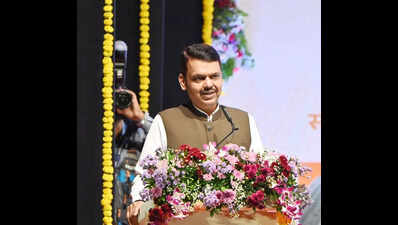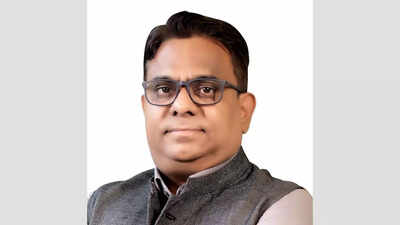Mumbai: Maharashtra govt on Friday signed a sister state agreement with America’s Iowa state. The agreement was signed in the presence of chief minister Devendra Fadnavis and Iowa governor Kim Reynolds. Fadnavis said this partnership will benefit both states in various critical sectors such as agriculture, biotechnology, financial services, infrastructure, renewable energy, education and technology. He said this is the first such agreement between Maharashtra and an American state. The CM said Maharashtra signed such agreements with states in Japan and Germany over 10 years ago and there was much progress on those agreements.“This is a very strong signal. At a time when both states are talking about trade, at the sub-national level, the two states have agreed to come together. PM Narendra Modi has said states in India must sign agreements with states in other countries. Iowa is at the forefront in agriculture technology and production, manufacturing, clean technology, and advanced manufacturing. It is called the food basket of America. They will share these technologies with us. We will also collaborate in education and human-to-human exchange too,” Fadnavis said.“Every year, delegations will visit each other and collaborate on various sectors. This will include education and agriculture. Because of this, both states will benefit. We will get advanced technology. AI is transforming many sectors, but it is bringing a revolution in agriculture. There are so many new technologies and this will take us towards climate-resilient agriculture. Many people will not be happy with India’s growing clout and influence, so they will try to use NGOs and toolkits and people to disturb things. But India will not be affected by all this,” he said.The Centre has engaged in twin/sister agreements between Indian states and cities with those in partner nations as an efficient tool to bolster cultural and diplomatic ties, as well as trade and investment relations. The initiative, which traces its origin back several decades, has gained momentum in recent years. Such arrangements have allowed for the seamless exchange of resources and expertise between foreign partner nations, the benefits of which have reached the broader masses. As the world gets more integrated, owing to technological innovations as well as increasingly similar developmental challenges, such twinning agreements will go a long way in finding effective solutions and unlocking new opportunities, officials said.









